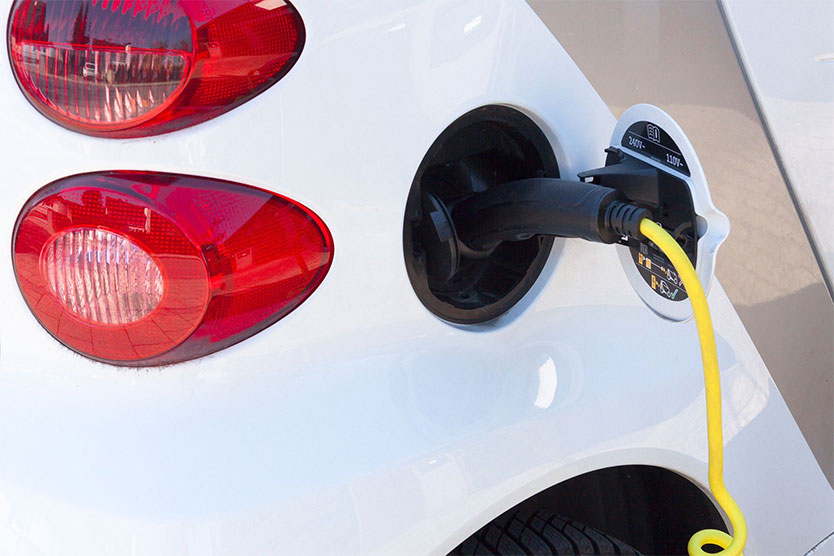
A new project called Open Mobility Electric Infrastructure aims to create an open database for planning charging infrastructure based on locally-sourced, affordable green energy.
© Pixabay
Equally important as the roll-out of electric vehicles in Europe is the availability of reliable charging networks to support consumer demand. The main challenges are ensuring grid-stability to support demand at regional EV charge points and improving charging speeds. Planning for these material improvements requires an enormous amount of data.
“The necessary expansion of the electrical charging infrastructure is placing an enormous strain on the European transport and power grids,” explains Professor Karl-Heinz Pettinger, director of the Energy Technology Centre at the Landshut University of Applied Sciences in a press release. Pettinger and his team are spearheading a new research project called Open Mobility Electric Infrastructure (OMEI) that involves nine other German partners.
Their goal is to create an open database for planning charging infrastructure based on locally sourced, affordable green energy, including sustainable storage and smart charging concepts using artificial intelligence (AI). To gain a clearer picture of charging habits, traffic flows and the effects on the grid, pilots will be set up in two model regions along a major European transport route that includes the A3 motorway. The “rapid charging stations” will be combined with hybrid energy storage systems to buffer energy. A third bi-directional pilot system will allow for owners to charge and discharge their e-cars. The models are relevant not just for Germany but for all of Europe.
The project combines the expertise of battery and charge point manufacturers as well as the University of Passau which is in charge of the AI elements. The results will be published openly and include an end-user app to raise consumer awareness. OMEI will be funded with a total of EUR 6.9 million – with EUR 4.8 million directly from the German Federal Ministry for Digital and Transport (BMVI) – until 2024.


